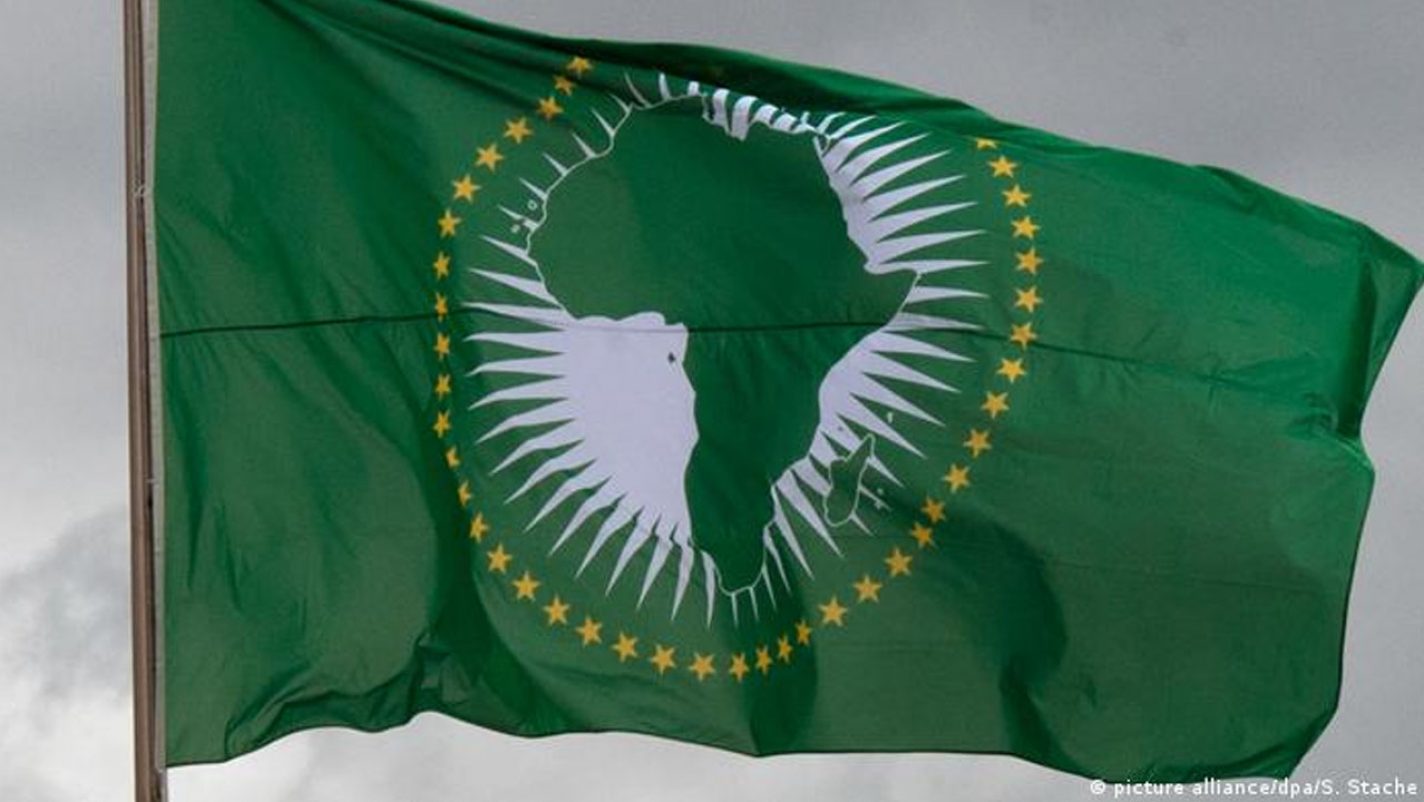CURRENT AFFAIRS UNIT, RADIO KWARA, ILORIN
PROGRAMME: NEWS COMMENTARY
DATE OF BROADCAST: 23/2/89 AT 1810 HOURS
WRITER: LANRE KAWU
This week, African Foreign Ministers have convened in Addis Ababa, for their annual meeting, which traditionally prepared the agenda, for the annual summit of the Organisation of African Unity. This year’s gathering has added significance, because of recent developments on the African continent. At the end of 1988, the path was finally cleared, for the possible implementation of the ten-year old United Nations Resolution 435, which lays the basis for Namibian Independence.
The process which led to this, was rooted in the worldwide effort to remove international tension through the negotiated solution of regional crises. In South West Africa, the racist South African regime, after its humiliating setback inside Angola, agreed to end support for the UNITA bandits and pull out of Namibia. While the Angolan government agreed to a phased withdrawal of Cuban internationalist troops from their country. The foreign ministers will have to prepare the ground for the Heads of State, to adequately support the electioneering campaign of the Namibian Liberation Movement, SWAPO. This becomes particularly important, following the decision of the United Nations Security Council, to cut down on the number of troops to implement the independence resolution.
Similarly, last year, the continent witnessed a flurry of diplomatic activities by the South African government on the continent. This saw a number of meetings between African Heads of State and the South Africans. It represented part of the desperate effort by the regime, to break its isolation on the continent, and for some commentators, was a considerable crack in the united African opposition to the apartheid regime.
But without doubt, the greatest problem that faces the African continent today, is the debt crisis. It is much more serious than any other, that the continent has been faced with, since independence. The reasons for this are legion. Africa’s efforts to repay the debts owed to the advanced capitalist countries, have led to a worsening of the economic indices of all African countries. While Africa has become a net exporter of capital, its primary products are still under-priced on the world market. This belies the arguments foe export-led growth as panacea for development problems in Africa.
Will the African Foreign Ministers suggest a collective repudiation of the debts? Or will they settle for the less radical option of a collective re-scheduling of these debts, which in essence, means the postponement of the evil day? Whatever is recommended for the summit meeting, which comes up later in the year, there is no doubt, that Africans will be keenly watching the comings and goings at Africa House in Addis Ababa, venue of the meeting.
The OAU can point to some other positive developments in intra-African relations in the last year. These include the restoration of links between Chad and Libya, after many years of war. In the Horn of Africa, the old adversaries, Ethiopia and Somalia, also re-established diplomatic links, exchanged prisoners of war and made pledges of respect for each other’s territorial integrity. Preparing the OAU Summit for this year, is therefore against a backdrop pf the complex situation in Africa, all of which call for the most decisive attempt at resolution.


